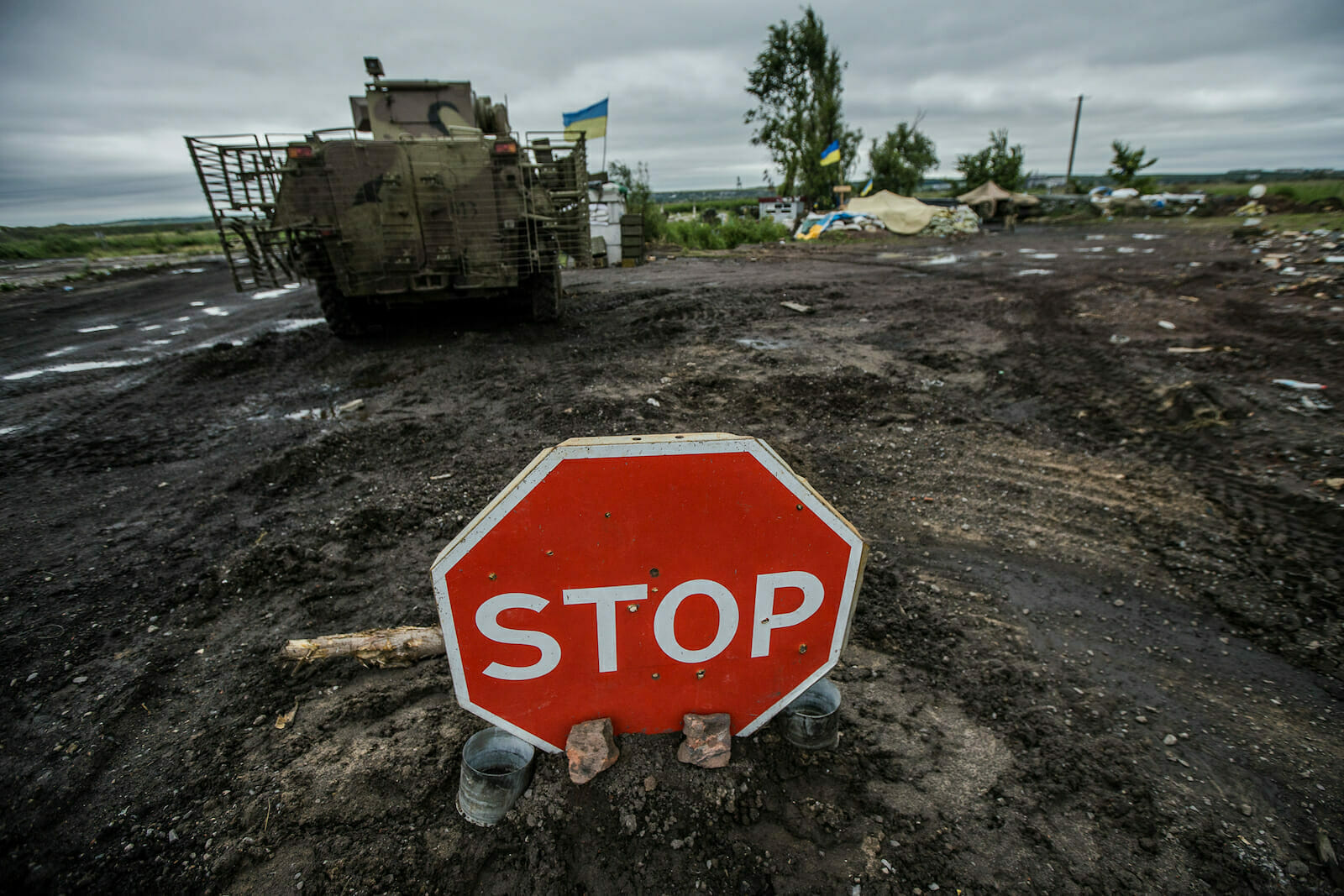
The Kremlin, Ukraine, and the Future of Détente in the Midst of a New Cold War
The ongoing crisis in Ukraine represents the culmination of missed opportunities with Russia since the collapse of the Soviet Union and constitutes a critical juncture in U.S.-Russia relations. In spite of such tension, the orthodox narrative among pundits and policymakers in Washington is that Moscow bears full responsibility for the conflict and that breaking Russia must be America’s objective. This mindset demonstrates a longstanding failure to recognize a historically definitive precept in American-Soviet diplomacy: the principle of parity.
This doctrine, employed by every American president from Eisenhower to Reagan, was not based in moral equivalence but in the understanding that both countries had recognized spheres of influence, that neither side should interfere excessively in the other’s internal politics, and that Washington and Moscow had a shared responsibility for peace and mutual security in Europe. Such understanding reached its apogee in the mid- to late-1980s, during which time Ronald Reagan and Mikhail Gorbachev effectively brought the Cold War to an end. By expanding their comprehension of mutual security and taking measures to reduce existing arsenals, these leaders recognized that both of their countries effectively won the Cold War.
Following the collapse of the Soviet Union, however, U.S. leadership effectively nullified the parity principle through its treatment of Russia as a defeated nation without legitimate interests at home or abroad. According to Strobe Talbott, Deputy Secretary of State in the Clinton administration, the United States was willing to cooperate only on “what we deem to be [Russia’s] legitimate security concerns” and not on everything that Moscow claimed was important. This mindset prompted Washington to unconditionally support Yeltsin’s corrupt and ineffective government, to refuse Putin’s desire to create a broad antiterrorism front post-9/11, and to oversee the expansion of NATO all the way to Russia’s historic borders. Finally, having promised eventual NATO membership to Ukraine and Georgia, the West sought to fully sever the former’s ties with Russia through an economic proposal that offered no place for Moscow. Given the proximity and historical significance of Ukraine to Russia, the Kremlin felt that it had no choice but to defend its own interests.
In the words of Henry Kissinger, the West must understand that, to Russia, Ukraine can never be just another foreign country; even such famed dissidents as Aleksandr Solzhenitsyn and Joseph Brodsky insisted that Ukraine was an integral part of Russian history and, indeed, Russia. The country shares centuries of substantial civilizational values, language, culture, geography, and intimate family relations with Ukraine. America shares none of these. Naturally, to treat Ukraine as part of an East-West confrontation would scuttle for decades any prospect to bring Russia and the West – especially Russia and Europe – into a cooperative international system. By nullifying the parity principle in general and in Ukraine more specifically, the U.S. and Europe have prompted Russia to pursue alliances with great and regional powers (China, India, Iran), which seek to revise the post-Cold War order as they see fit.
If the U.S. seeks to rehabilitate relations with Russia and set the stage for possible future détente, it is imperative to stabilize the post-Cold War order by placing a premium on the balance of power and national interests rather than by continuing to pursue the failed tactics of forced conversion. In order to be successful, such efforts toward stability must begin in Ukraine by ending the ongoing proxy war in the Donbas. To begin, both sides should work to implement the Minsk Accords of 2015, which would preserve Ukraine by ending the military conflict, exchanging prisoners, and granting greater autonomy to the country’s oblasts. By lifting sanctions (pro-Western Dmitri Medvedev has stated that such continued punishment could be treated as a “declaration of economic war,” the U.S. will create a viable place for Russia within a developing new global equilibrium that will prove vital to the pursuit of mutual interests. Lastly, by curbing NATO’s influence in former Warsaw Pact nations by demilitarizing and drawing its forces back to Germany, the U.S. and Europe will provide an incentive for Russian withdrawal from Crimea and continued decentralization by the Ukrainian government. More importantly, space will be created for Russia in lands that have historically fallen within its sphere of influence, which will set the stage for cooperation concerning national security interests.
Policies crafted in Washington and Moscow concerning Ukraine will determine the balance of power in Europe, which will reverberate across Asia and the Middle East. By beginning to incorporate recommendations put forth here, the parity principle will be restored and a foundation will be laid to stabilize the post-Cold War order. In the end, the United States, Europe, and Russia will be able to work with each other as equal partners in preserving global balance, which may prove to be the greatest force for peace in an increasingly multipolar world.

